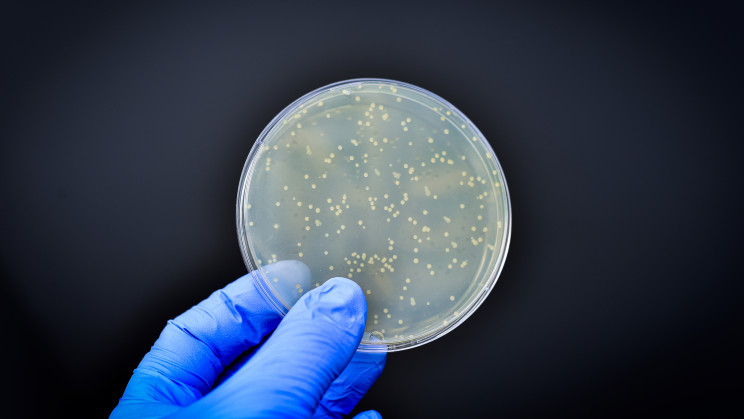
When you think about ways to fight pollution, you likely dont think about bacteria.
However, researchers led by Northwestern University and LanzaTech have discovered a type of bacteria that can break down waste carbon dioxide to make valuable industrial chemicals.
The breakthrough could revolutionize how we deal with carbon dioxide and climate change.
Harnessing bacteria
“The accelerating climate crisis, combined with rapid population growth, pose some of the most urgent challenges to humankind, all linked to the unabated release and accumulation of CO2 across the entire biosphere,” said Northwestern’s Michael Jewett, co-senior author of the study.
“By harnessing our capacity to partner with biology to make what is needed, where and when it is needed, on a sustainable and renewable basis, we can begin to take advantage of the available CO2 to transform the economy.”
In their work, the researchers engineered a bacteria strain that can convert CO2 into acetone and isopropanol, avoiding traditional methods that use fossil fuels for the creation of these chemicals. Better yet, the new gas fermentation process also removes greenhouse gases from the atmosphere.
The researchers undertook a life-cycle analysis and found that their process could reduce greenhouse gas emissions by 160% as compared to conventional processes if this method were to be broadly adopted.
Avoiding a climate catastrophe
This discovery is a major step forward in avoiding a climate catastrophe.
“Today, most of our commodity chemicals are derived exclusively from new fossil resources such as oil, natural gas, or coal. Acetone and IPA are two examples with a combined global market of $10 billion. The acetone and IPA pathways developed will accelerate the development of other new products by closing the carbon cycle for their use in multiple industries.”
The researchers believe their process will translate to industrial scale and could even be applied to create streamlined processes for developing other valuable chemicals.



Comments are closed